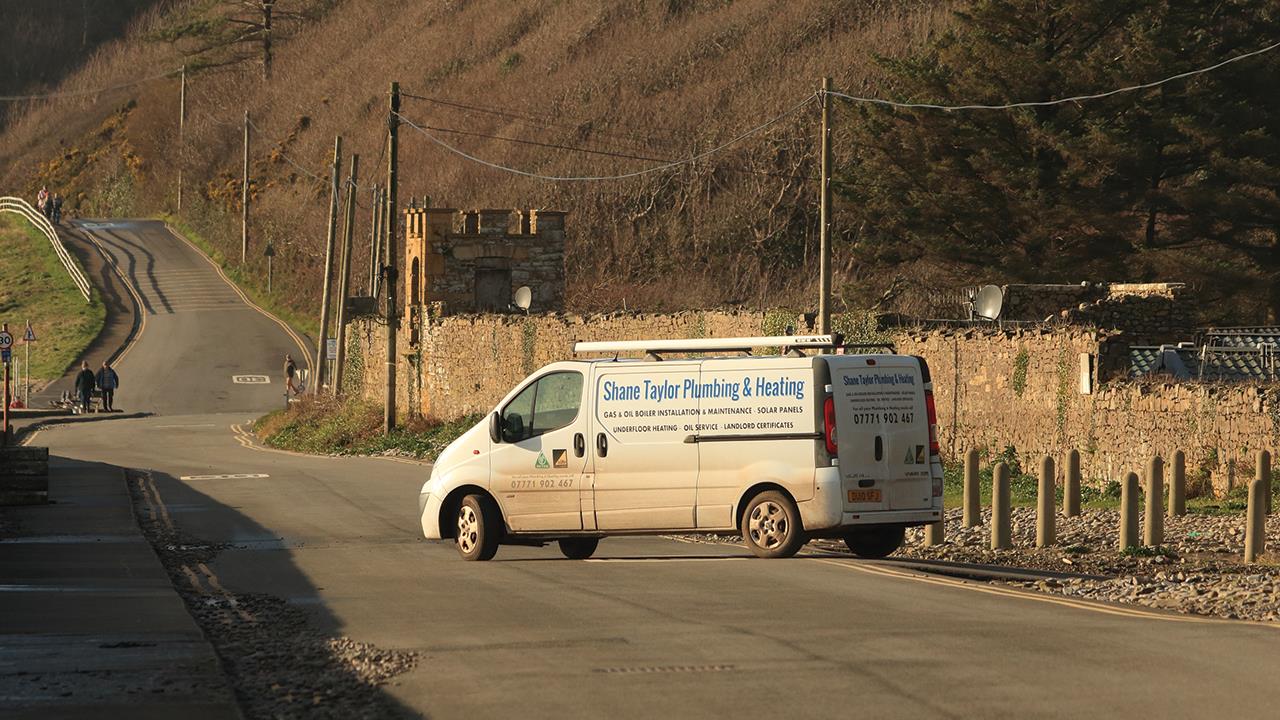

Helen Thornley, Technical Officer at the Association of Taxation Technicians, explains how a ruling on crew-cab panel vans may result in employers and employees receiving an unwelcome additional tax charge.
Crew-cab panel vans are proving very popular at the moment, with the flexibility to carry both goods and people thanks to the extra row of seats behind the driver.
However, a recent case involving Coca-Cola has thrown doubt on the tax treatment of these vehicles when employees are allowed to use them for personal purposes as well.
Those considering purchasing a crew-cab van that employees will be allowed to use privately need to be aware of the potential tax risk that this case could cause. Getting it wrong could cost both employer and employees more in National Insurance Contributions (NIC) and income tax than expected. To further complicate matters, the Coca-Cola case is currently being appealed and, until a final decision is reached, this is an area of uncertainty.
Background
Back in 1997, Coca-Cola moved to supplying its technicians with vans instead of estate cars. The vans were three types of crew-cab vehicle – a series 1 or 2 VW Kombi and a Vauxhall Vivaro.
All three look very similar and are based on a panel van design. Each had additional seating and windows behind the driver and had been subject to further modifications after manufacture, such as the addition of racking.
All the vehicles had been treated by Coca-Cola as vans for benefit in kind purposes. HMRC challenged this, arguing that all three types were cars. This resulted in demands for additional National Insurance contributions (NIC) and income tax from both Coca-Cola and their technicians. They appealed and, in March 2019, an earlier tribunal ruling which decided that the two VW Kombis were cars and the Vauxhall Vivaro was a van was upheld.
Tax matters
When an employee is provided with a car that they are allowed to use privately, they must pay income tax on the value of the benefit in kind – a percentage of the list price of the car, including any accessories. If private fuel is provided, the same percentage is applied to a set figure to calculate the benefit for the year. The employer must also pay Class 1A NIC on the benefit in kind.
Where a van is used privately, the benefit in kind is calculated using a flat rate regardless of the cost of the van or its CO2 emissions. If any fuel is provided for private use, then the fuel benefit charge is also a flat rate, which is much lower than the car equivalent.
As well as a van having a lower benefit in kind charge than a car, it is possible for there to be no benefit in kind at all if the private use of the van is incidental or limited to ordinary commuting from home to work.
For a car, any private use means a benefit in kind. What differences there are between the vehicles appear to centre around the seats to the rear of the driver.
The Vivaro vehicle, which was held to be a van, originally left the assembly line as a panel van and was subsequently modified by Coca-Cola to add a second row of two seats behind the driver, together with a single window. The seats did not span the vehicle, leaving storage space to the side. These extra seats could be removed with tools.
Both models of the Kombi vehicles held to be cars arrived from the manufacturer with a second row of seats already fitted. This row spanned the vehicle, and there were windows on both sides. However, the whole row of seats could be removed without tools and it was a company requirement that the seats were removed during working hours.
The type of vehicle also affects the capital allowances available to the employer (the tax relief they can claim for the cost of the vehicle) and the VAT recovery. Again, being classed as a van is preferable for tax.
Impact for firms
Following the Coca-Cola decision in March 2019, employers should review the tax treatment of any crew-cab type panel vans provided to their employees.
Unless it was possible to distinguish their vehicles on the facts, some employers will have found themselves in a position where certain vehicles could no longer be considered a van and must be taxed as a car, significantly increasing the tax cost for both them and their employees.
If the outcome of the Coca-Cola case changes on appeal, employers may need to revisit their 2018-19 P11D returns. If the current decision is upheld, then employers must consider if they should amend returns for earlier years. Appropriate advice on the matter should be taken from an experienced tax professional.
If you'd like to keep up-to-date with the latest developments in the heating and plumbing industry, why not subscribe to our weekly newsletters? Just click the button below and you can ensure all the latest industry news and new product information lands in your inbox every week.